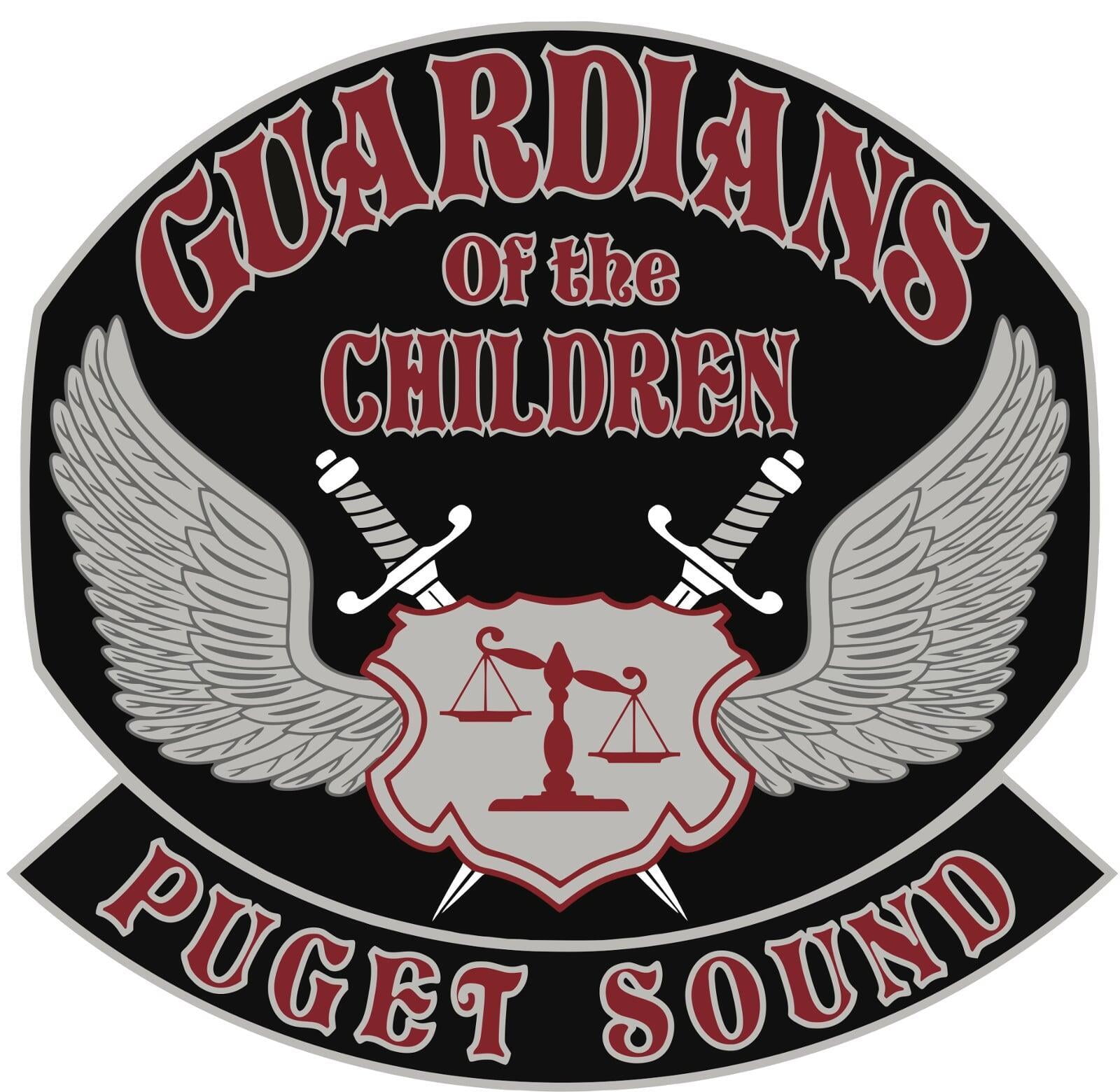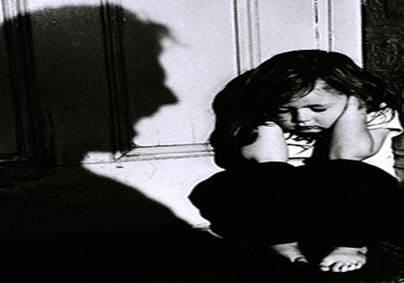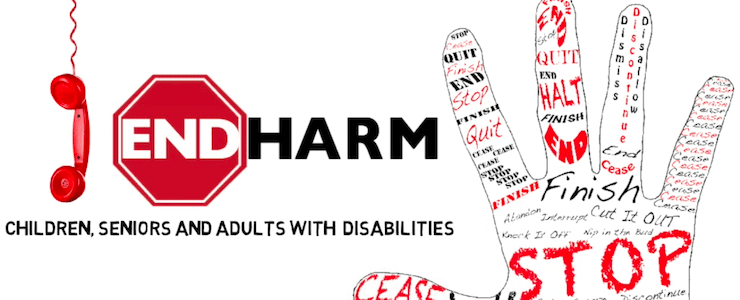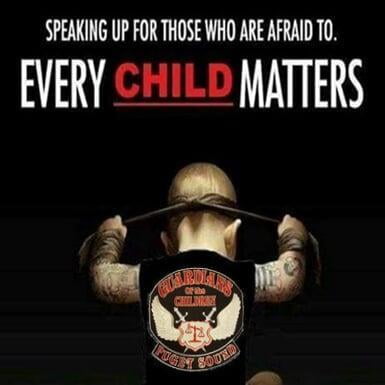Types of Abuse
Call 1-866-ENDHARM (1-866-363-4276*) if you suspect abuse or neglect of a child
Call 9-1-1 if a child is in an emergency situation

PHYSICAL ABUSE
Any non-accidental physical injury caused to a child. Does not necessarily include the intent to injure; may be the result of over discipline or inappropriate punishment.
Signs can include:
Unexplained burns, cuts, bruises or welts in the shape of an object -Bite marks – Anti-social behavior – Problems in school – Fear of adults
.jpg)
SEXUAL ABUSE
Includes molestation, incest, rape, prostitution, or use of a child for pornographic purposes, physical/direct contact (touching, fondling or attempted rape), non-physical/no touching (indecent exposure, talking about sex designed to shock or interest a child, allowing child to hear sexual acts).
Signs can include: Inappropriate interest or knowledge of sexual acts - Nightmares and bed wetting - Drastic changes in appetite - Over compliance or excessive aggression - Fear of a particular person or family member.
TIPS FOR INTERVENING IN PUBLIC
It can be intimidating to insert yourself into a situation in which a parent is mistreating a child in public. Using a positive approach is the best strategy for effective intervention. If a child is in danger and it's not safe for you to intervene, CALL 911
- Avoid disapproving looks or comments, which may only increase the parent's anger and impatience.
- Distract the parent with conversation. For instance, say "Children can be difficult to shop with, can't they?"
- Find something to praise about the child or parent, such as "I like your shoes. Where did you get them?"
- Interrupt the child's disruptive behavior by starting a conversation with him/her.
IF A CHILD DISCLOSES ABUSE (National Society for the Prevention of Cruelty to Children)
- Listen carefully to the child. Avoid expressing your own views on the matter. A reaction of shock or disbelief could cause the child to 'shut down', retract or stop talking.
- Let them know they've done the right thing. Reassurance can make a big impact to the child who may have been keeping the abuse secret.
- Tell them it's not their fault. Abuse is never the child's fault and they need to know this.
- Say you believe them. A child could keep abuse secret in fear they won't be believed. They've told you because they want help and trust you'll be the person to believe them and help them.
- Don't talk to the alleged abuser. Confronting the alleged abuser about what the child's told you could make the situation a lot worse for the child.
- Explain what you'll do next. If age appropriate, explain to the child you'll need to report the abuse to someone who will be able to help.
- Don't delay reporting the abuse. The sooner the abuse is reported after the child discloses the better. Report as soon as possible so details are fresh in your mind and action can be taken quickly.
Links to resources
Click any of the links to be redirected to their sites.
Puget Sound Guardians Of the Children does not own any of the information from these organizations.





